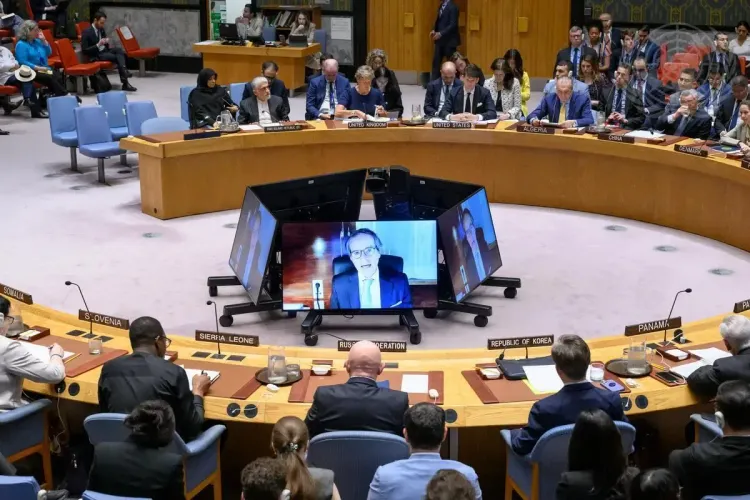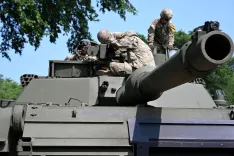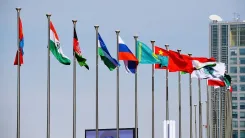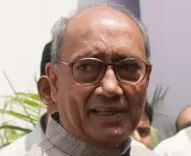Did Iran’s Missile Strikes on Israel Prompt UNSC Emergency Session?

Synopsis
In a critical moment, as Iran retaliates with missile fire against Israel over nuclear tensions, the UN Security Council holds an urgent meeting. IAEA warns of severe consequences, while diplomatic efforts hang in the balance. Will this escalation lead to wider conflict or pave the way for negotiations?
Key Takeaways
- Iran's missile attacks on Israel are a response to perceived threats to its nuclear facilities.
- The IAEA emphasizes the catastrophic risks associated with military actions against nuclear sites.
- The UN Security Council is focused on preventing escalation and promoting diplomatic solutions.
- The US maintains a position of potential negotiation with Iran, aiming for peace.
- Israel defends its actions as essential for national security.
United Nations, June 14 (NationPress) As Iran launched missile strikes against Israel in response to the attack on its nuclear facilities, the Security Council convened an emergency session to hear warnings from the International Atomic Energy Agency (IAEA). IAEA Director General Rafael Mariano Grossi cautioned that military actions targeting nuclear sites could lead to "serious consequences" for Iran and the wider region.
Grossi emphasized, "Any military action that compromises the safety of nuclear facilities poses a grave risk to the people of Iran, the region, and beyond." The IAEA General Council has asserted that military assaults on nuclear sites contravene the UN Charter and international law.
During the session, UN Under-Secretary-General Rosemary DiCarlo stressed the necessity to avert a widespread conflict that would have dire global repercussions. She noted that Israel's assault on Iran coincided with significant diplomatic movements as negotiations between Washington and Tehran were scheduled to resume in Oman on Sunday, from which Iran has since withdrawn.
DiCarlo stated, "Negotiations remain the best pathway to ensure the peaceful nature of Iran’s nuclear endeavors." A senior US State Department official, McCoy Pitt, reiterated the US's willingness to engage in talks. "We aspire for a secure peace," he remarked, echoing President Trump’s call for an end to violence and a deal to prevent further suffering. The US continues to pursue a diplomatic resolution to ensure Iran does not develop nuclear weapons or destabilize the Middle East.
Pitt advised, "Iran's leadership would be prudent to negotiate at this critical juncture." Previously, during President Trump's administration, the US withdrew from an international agreement aimed at halting Iran's nuclear ambitions in exchange for the lifting of certain sanctions. However, Trump's recent attempts to broker a new agreement have been thwarted by Israel's offensive against Iran.
Amir Saeid Iravani, Iran's Permanent Representative, accused Israel of seeking to "destroy diplomacy, sabotage negotiations, and escalate regional conflicts." He further alleged that Washington was complicit in the Israeli strike. Pitt refuted claims of US involvement, although he acknowledged being informed of the attack beforehand.
Israel’s Permanent Representative Danny Danon defended the military actions as an "act of national preservation," showcasing an image of a countdown clock in Tehran corresponding to plans for Israel's destruction. He stated that Israel's objective was to "neutralize the Iranian regime's capacity to execute its repeated threats against Israel," asserting that the strikes were precise and targeted Iranian nuclear facilities.








